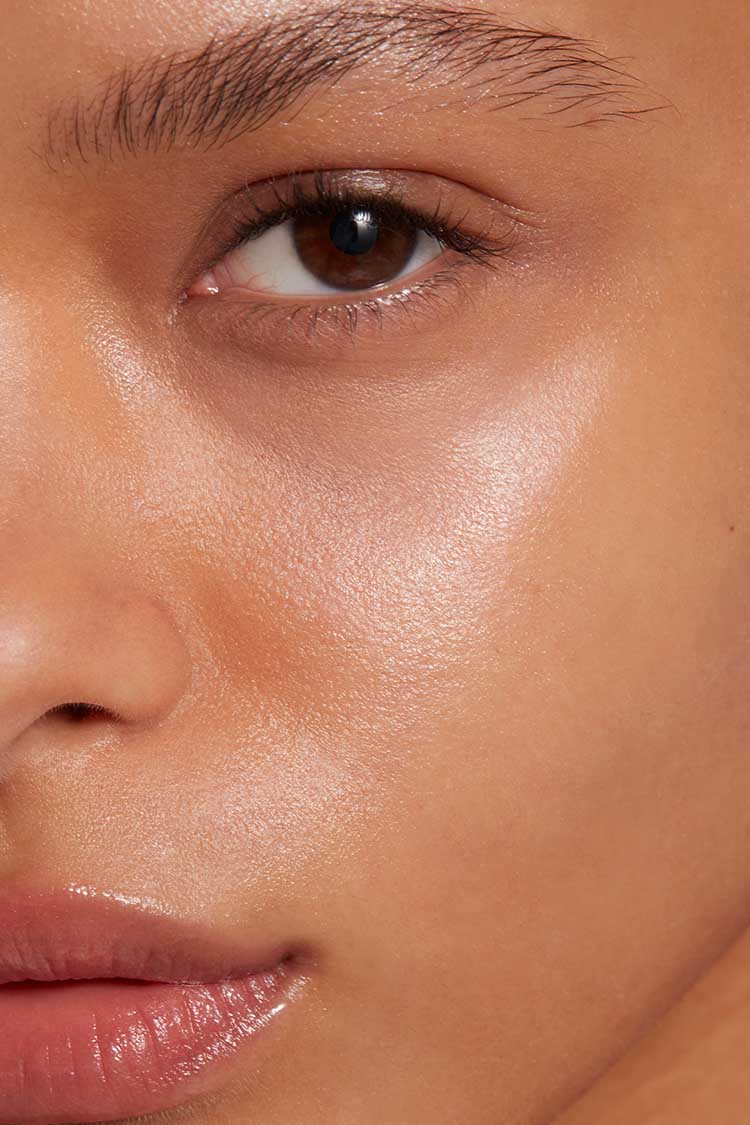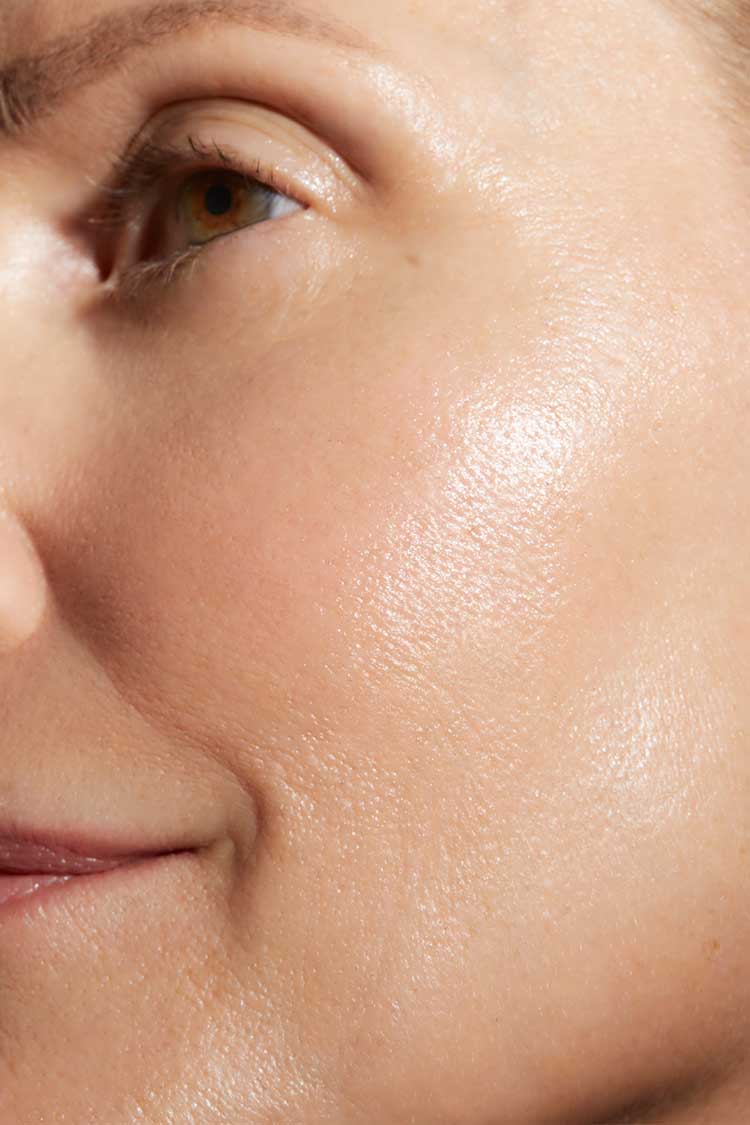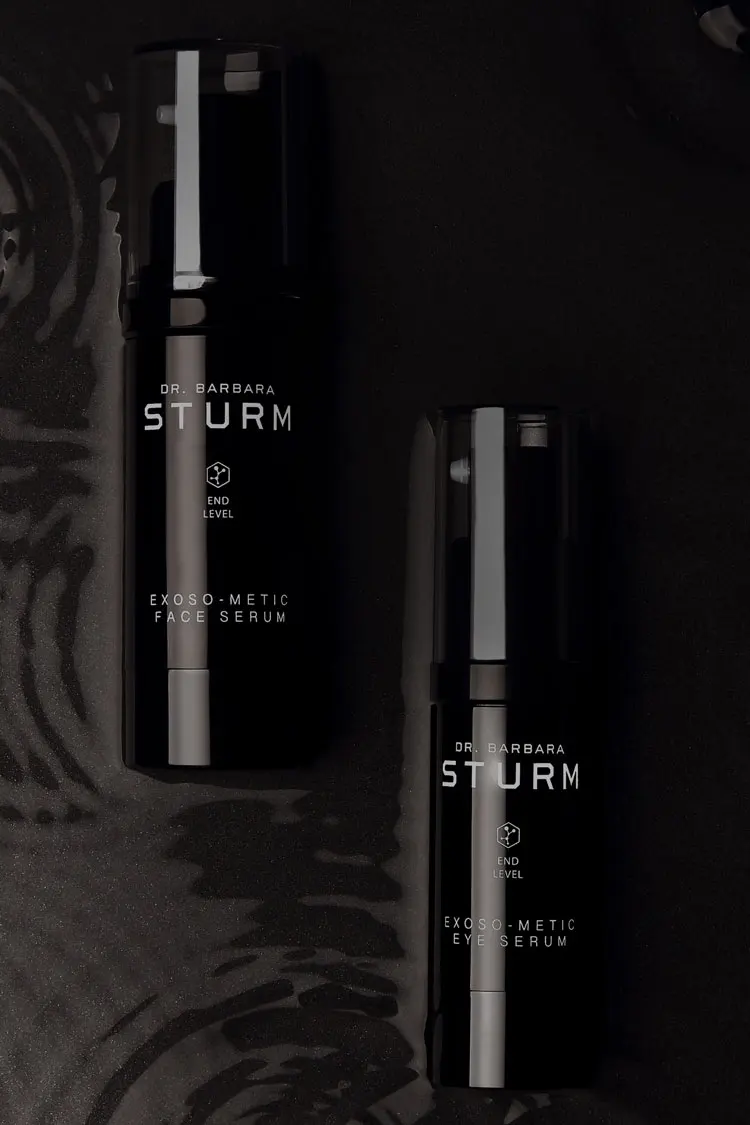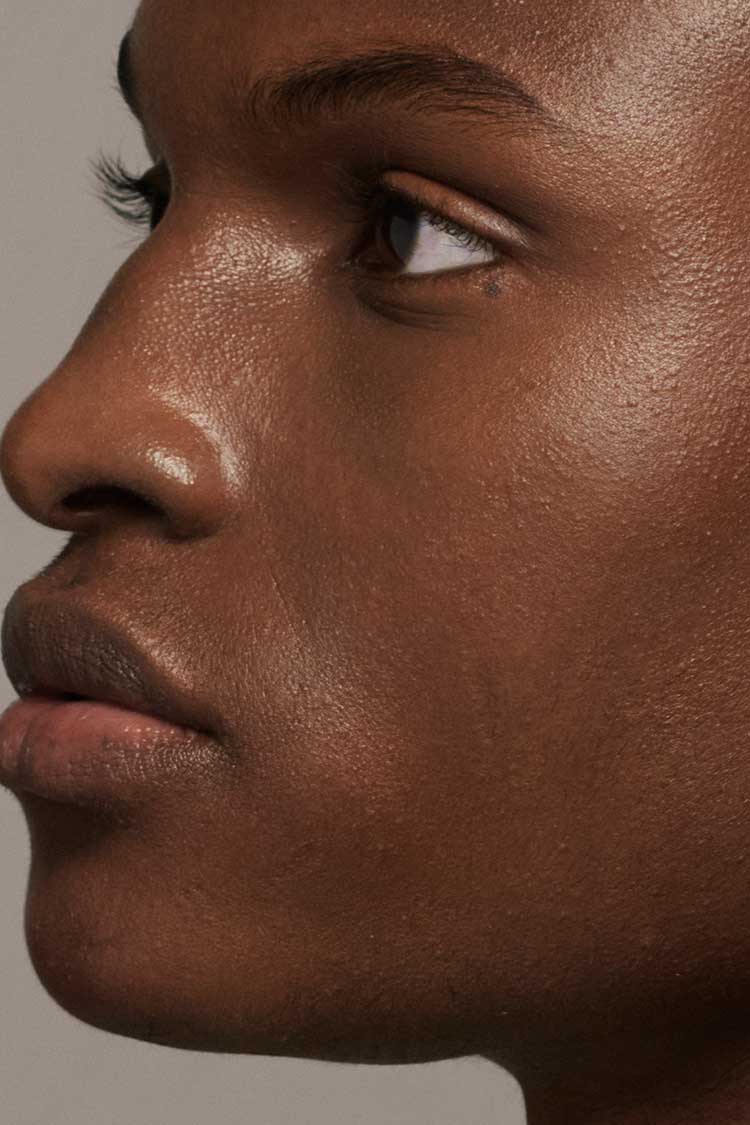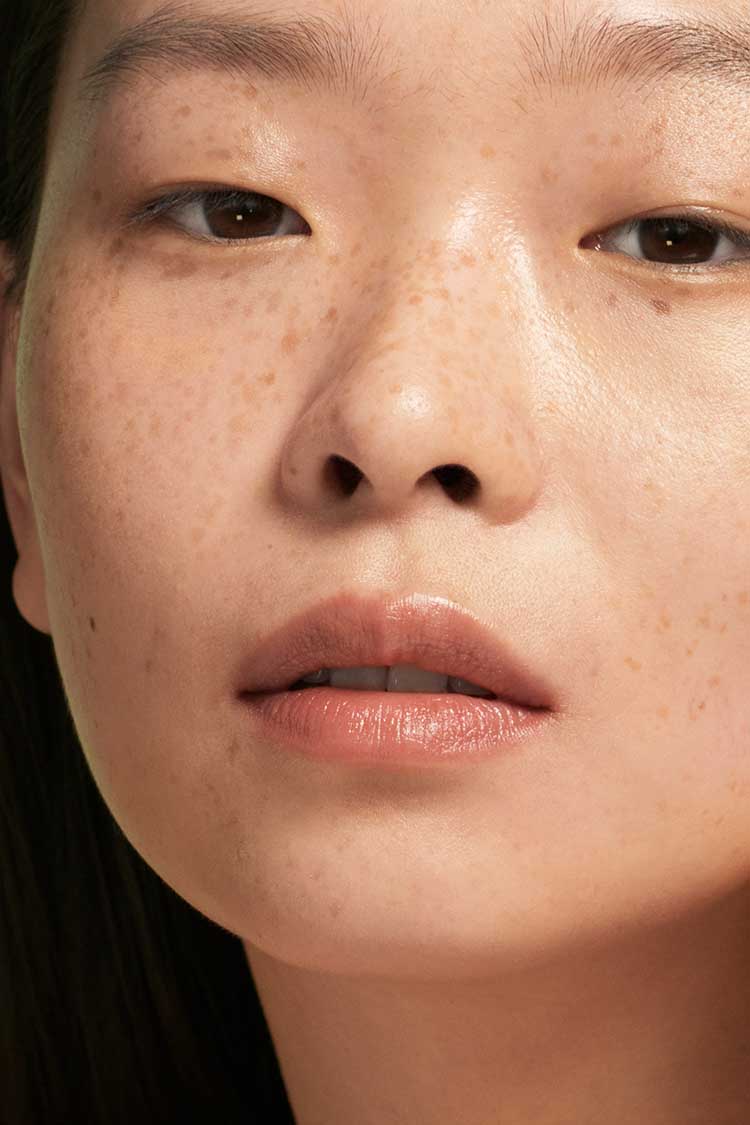WHAT IS THE MICROBIOME AND HOW DO I STRENGTHEN MY SKIN BARRIER?
1st Apr 2025
Our bodies harbor a huge array of microorganisms or microbes (living things which are too small to be seen by the naked eye) primarily in the gut, of which the five major groups are bacteria, viruses, fungi, protozoa and algae. Together these are called the human microbiota. The microbiome is the collection of all microbiota that reside on or within human tissues and biofluids, including the skin.
How do we accumulate these microorganisms? Our body is colonised by bacteria during the birth process and immediately after birth; babies acquire microorganisms from their mothers during delivery, when they pass through the vagina or from contact via the mother’s skin and also from the environment they are born in. As they develop, they get microbes from their diet (breast feeding helps a baby acquire bacteria from the mother’s skin for example), from the solid food they eat and their environment - mouthing toys they’ve picked up from the floor and playing with other children for instance. The acquisition of microbiota continues over the first few years of life, until we are around three years old and then becomes stable until adult life.
The bacteria in the microbiome plays a key role in healthy growth; it protects the body from invaders, regulates our immune system, aids digestion and even helps regulate mood. Some changes in the microbiota may occur during our growth, depending on the foods we eat, the environment in which we live, the people we interact with and the medicines we take. The human microbiota helps to keep us healthy when it’s in balance, but when only a small diversity of bacteria is present, it can cause the development of some diseases, such as obesity and asthma.
Microorganisms in the body
The Skin Microbiome
Your skin microbiome (also called skin microbiota or skin flora) is an ecosystem of bacteria on the skin’s surface that’s individual to you; a teenage boy’s microbiome will be very different to a pregnant women’s skin microbiome for example. The primary role of the skin is to serve as a physical barrier, (read more on this via our blog post, ‘What is Corneotherapy’ ) protecting our bodies from potential assault by foreign organisms or toxic substances and it’s also an interface with the outside environment and, as such, is populated by a diverse collection of microorganisms — including bacteria such as Proteobacteria, fungi including Malassezia spp., viruses, and mites such as Demodex Folliculorum, which live in or near hair follicles. Many of these microorganisms are harmless and provide vital protection against pathogens or harmful substances that could affect the skin or our overall health; they communicate with our immune system, help ease inflammation, protect us against infection and environmental aggressors and limit exposure to allergens, oxidative damage and UV rays.
The skin microbiome
An Imbalanced Skin Microbiome
Just as our gut microbiome can become imbalanced by a poor diet, antibiotics, infection, stress and illness, the skin microbiome can also become compromised – and an unbalanced skin microbiome (also known as skin dysbiosis), is associated with many skin conditions, including psoriasis, rosacea, premature skin aging, eczema, acne and poor wound healing. It can become compromised by two factors; what you put on your skin and what you put in your body. Our skin microbiome prefers a pH of about 5 to thrive – soap and other aggressive skincare ingredients have a pH of about 10, which can damage our microflora and encourage various skin dysfunctions. And research has shown that anything that damages your gut microbiome has the possibility to also influence what’s happening to your skin; in what’s called the ‘gut-skin axis,’ researchers found that gut microbes were able to communicate with the skin either directly or indirectly, influencing the degree of inflammatory skin conditions such as acne vulgaris and psoriasis, and that with dietary changes, these conditions were improved. Another study published in the Journal of Clinical Gastroenterology showed that an unbalanced microbiome can cause an inflammatory response that leads to the development of rosacea.
How Can I Support My Microbiome and Skin Barrier?
Eat healthy and stay hydrated
It’s important to try and avoid inflammatory substances like alcohol, sugar, flour, as well as excessive salt, processed or fried foods. Instead, eat lots of anti-inflammatory foods like cherries, blueberries, blackberries, green leafy vegetables, beans, seeds and nuts, olive oil and tomatoes - as well as foods that are rich in Glutathione, a potent antioxidant, like asparagus, peppers, carrots, broccoli, avocados, squash and spinach.
Take care of your gut
Your gut microbiome can affect the health of your skin and trigger inflammation. Fermented foods like sauerkraut, kimchi, miso and probiotic yoghurt can be beneficial at boosting bacteria in your gut.
Avoid aggressive products
Your skin acidity is naturally around pH 5. Soaps, detergents and other aggressive skincare products usually sit around pH 10 and their acidity can damage the skin barrier and the microbiome living on it. Fragrances, alcohol, mineral oils, preservatives and acid peels can also have a negative impact as well as the overuse of antibacterial soaps. A simple skincare routine is best.
Don't over cleanse or exfoliate
A cleansing regime that includes various tools, hot water and ‘scrubbing’ the skin can strip the skin of its healthy microbes and cause tiny tears in the skin that can be a breeding ground for unhealthy pathogens.
Manage stress levels
Chronic levels of stress can be hard on your whole body but have a particular effect on your gut. Try to incorporate activities within your daily routine that will help lower stress such as yoga, walking, outdoor exercise, meditation and spending time with friends and family and ensure you’re getting enough sleep.
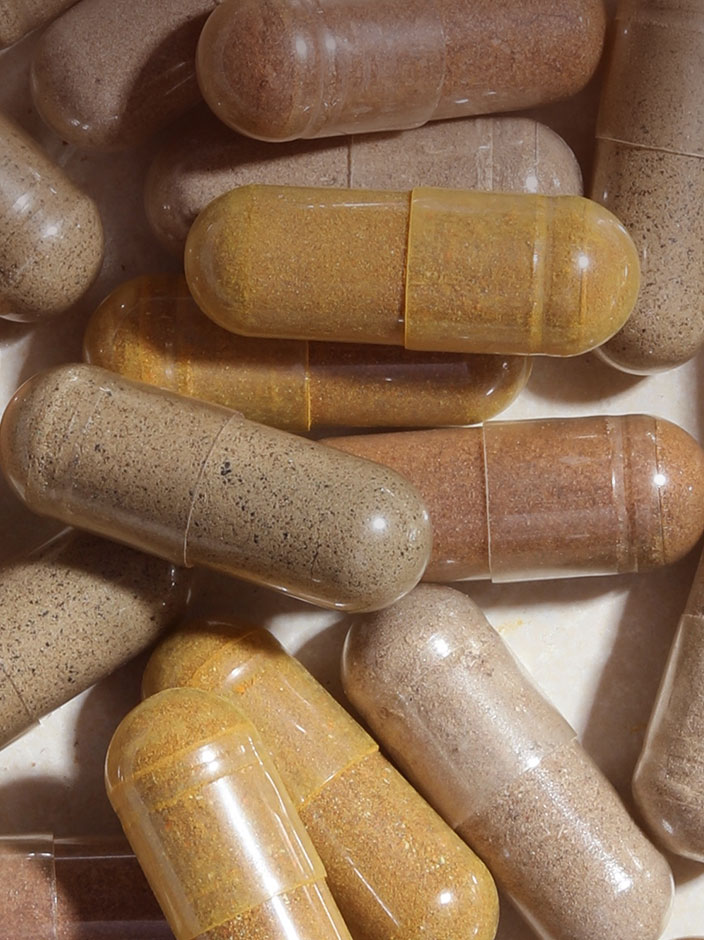

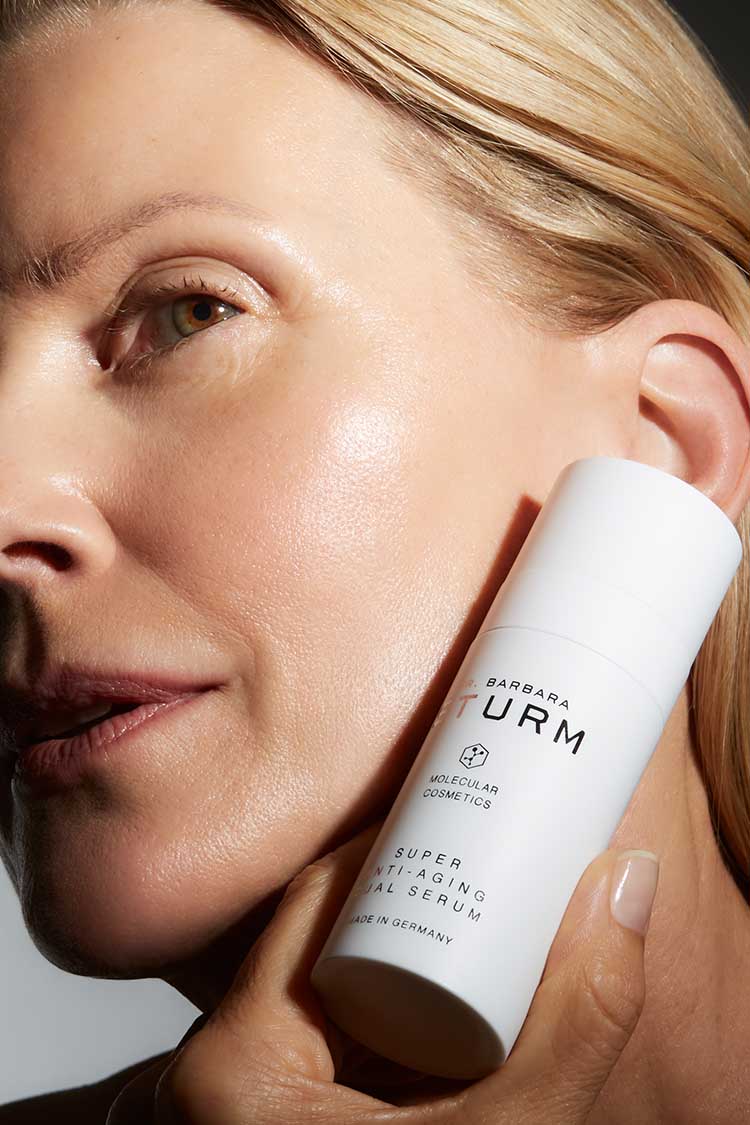
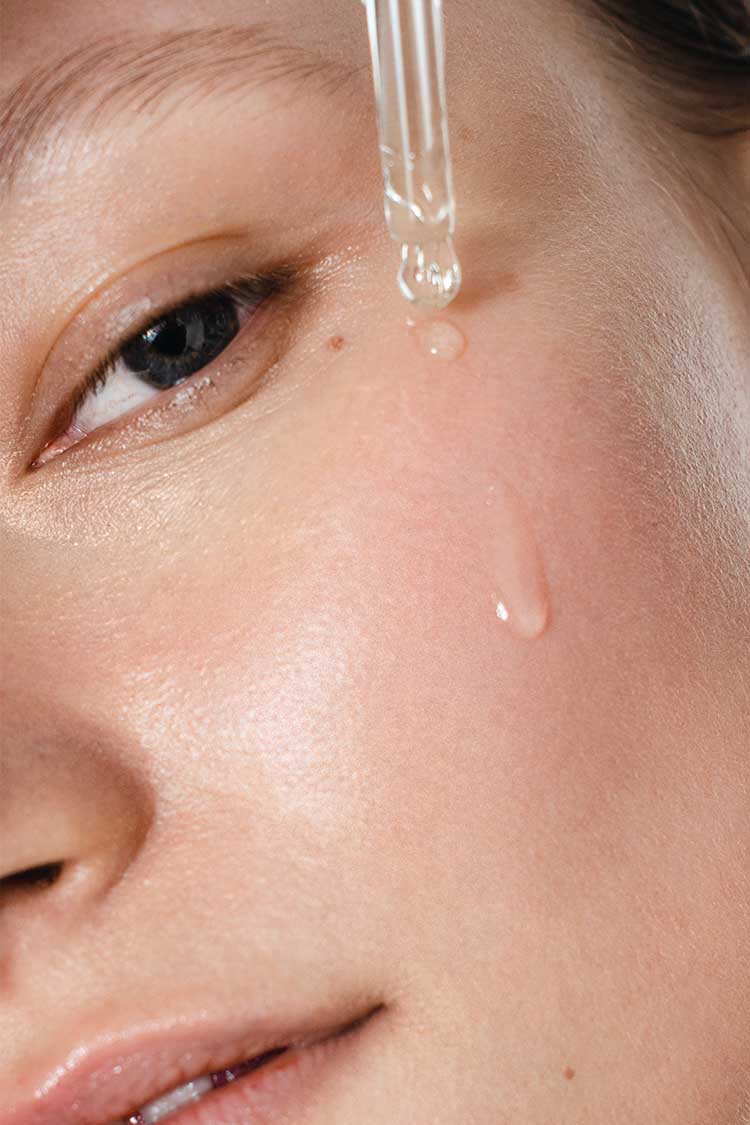
.jpg)
